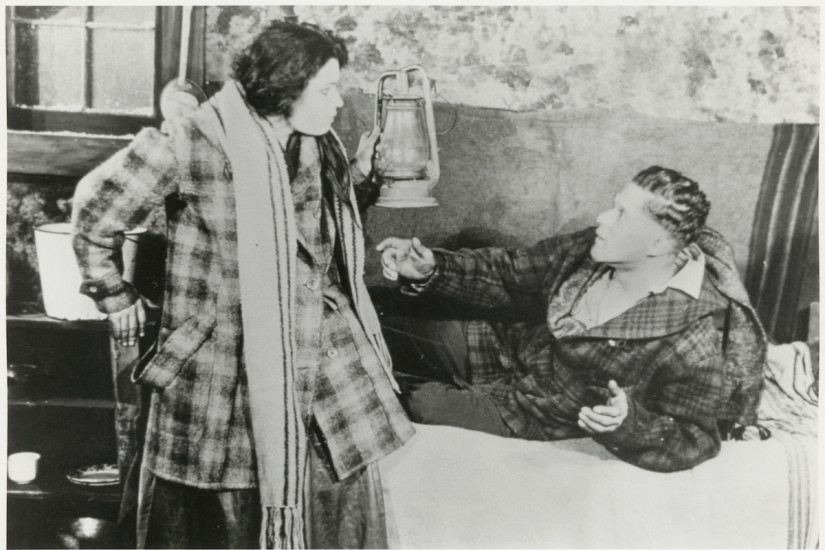Who was the most prolific African American filmmaker of the silent film era? That’s a question that undoubtedly has some asking, “were there any?” Absolutely. The Jim Crow era’s effect on filmmaking is rarely discussed outside of film history circles, leaving one of its most prominent figures, Oscar Micheaux, largely forgotten.
Oscar Micheaux was a pioneer in almost every aspect of film, but before that he was a determined boy from southern Illinois. Born in Metropolis, Illinois, in 1883, Micheaux was the first generation of his family born free in America. The importance of property ownership and education was instilled in him during childhood.
After a stint as a Pullman porter in Chicago, where he saved a great deal of money, Micheaux moved to South Dakota so he could own his own land and write. His first novel, The Conquest, was self published in 1913. He wrote two more novels before setting his sights on the film industry. The self-taught writer left his South Dakota farm and moved to Chicago, where he started the Micheaux Film and Book Company.
His first film was an adaptation of his novel, The Homesteader, about a black homesteader in the Dakotas who falls in love with the daughter of a Scottish widower. In 1919, Micheaux raised the money on his own to film and produce The Homesteader in Chicago, becoming the first African American to make a feature film.
The film industry in its early days (and for decades later) was not kind to other races. African Americans were cast on screen in offensively stereotypical caricatures or subservient roles. This is why race films were revolutionary in their portrayals of non-whites as real people with their own joys and struggles.
